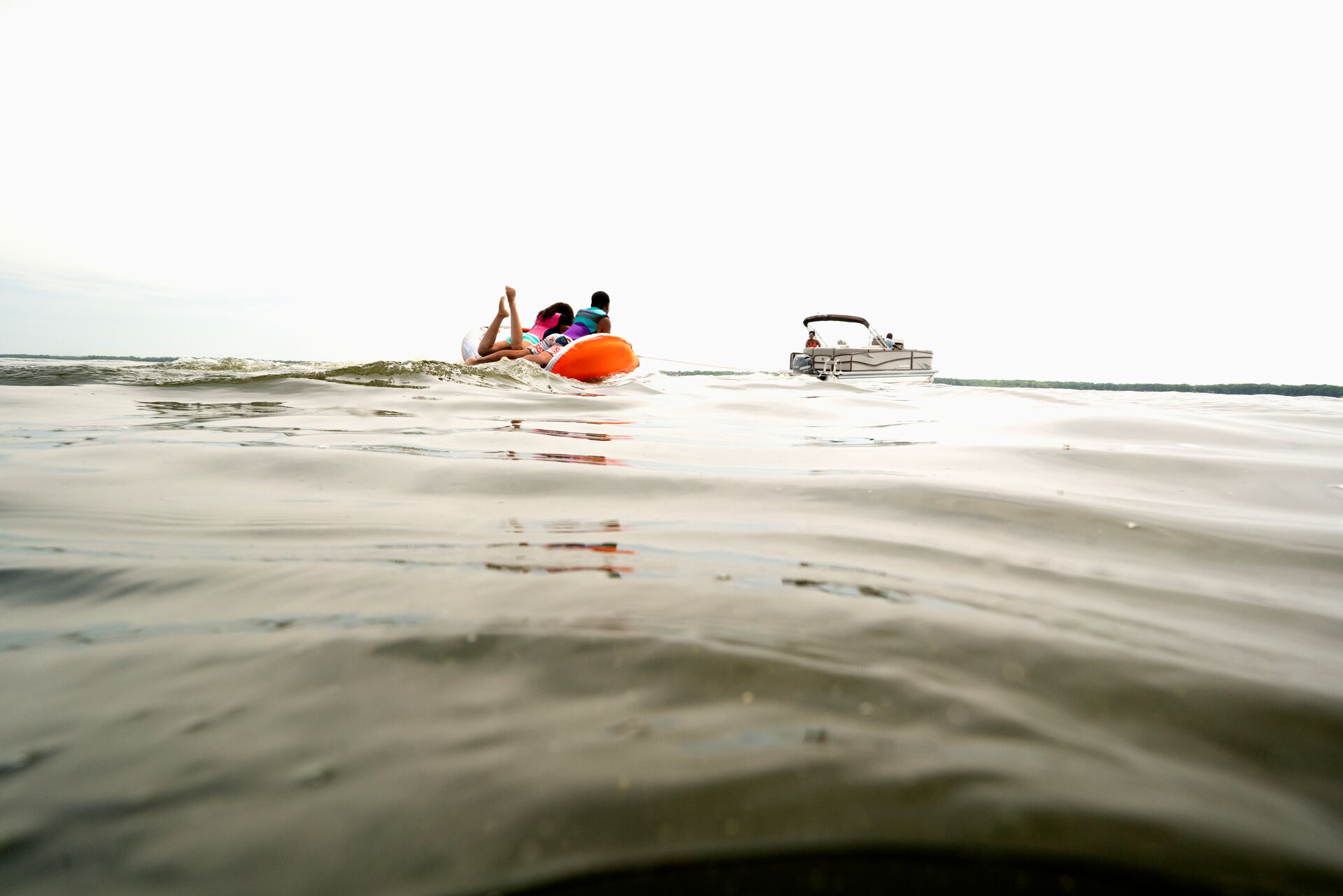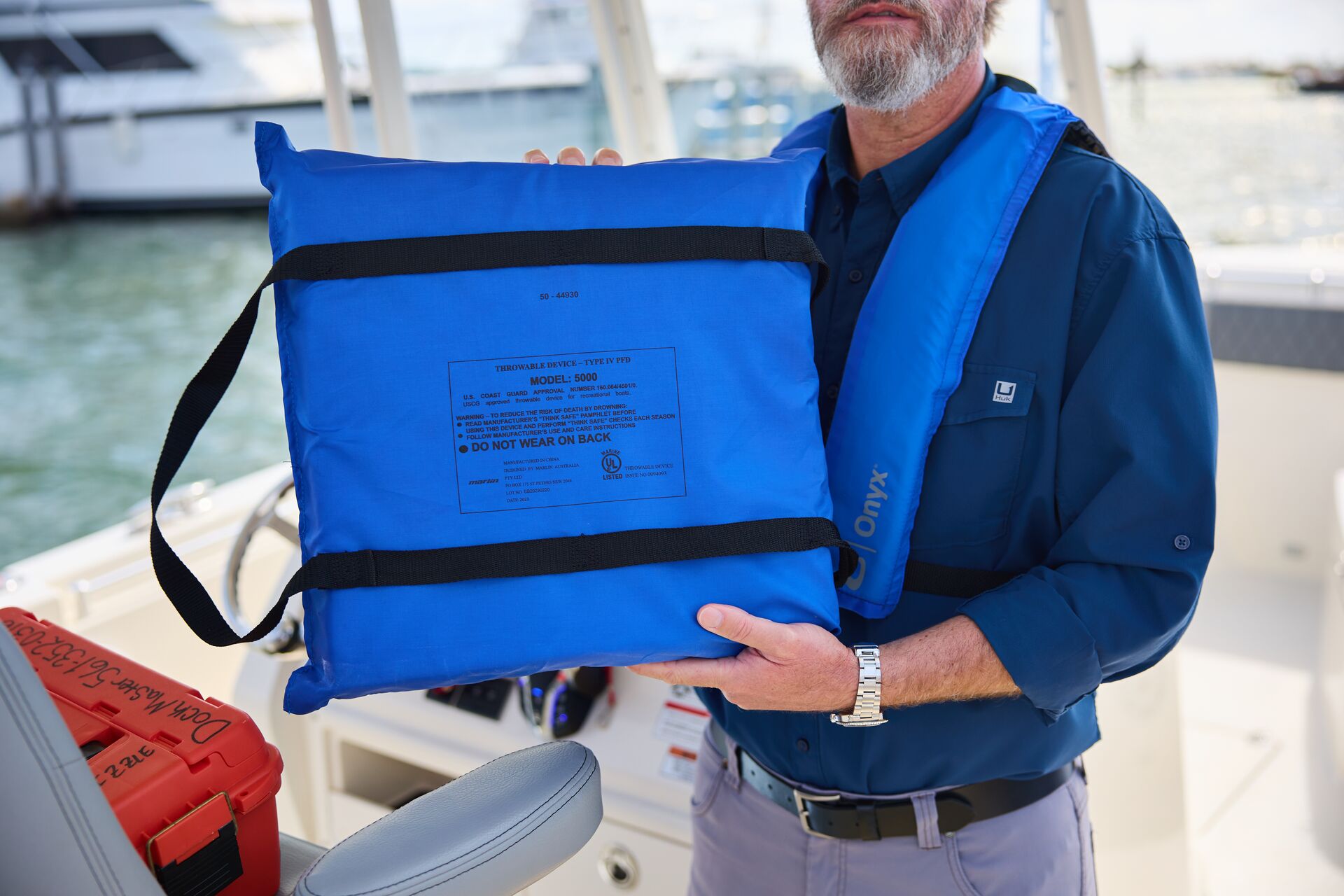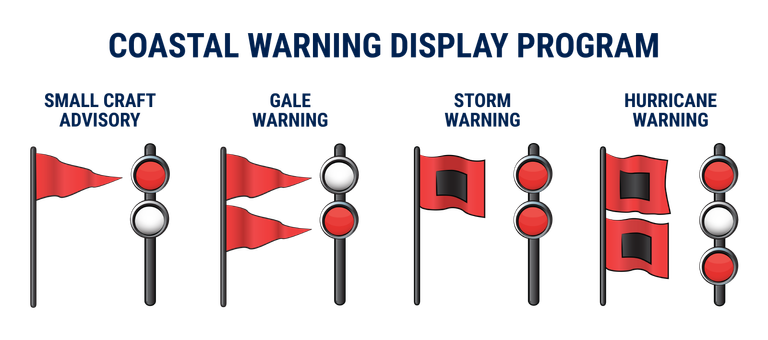Rendering Aid: What is Your Responsibility When Boating?

Becoming a boater means becoming a member of the boating community. So, what are your responsibilities as a boat operator if you see another boater, swimmer, or PWC (personal watercraft) operator in distress?
As a compassionate person, you should stop and see how you can help.
However, depending on the situation, did you also know you're likely required by law to render aid to others on the water?
Today, we talk about rendering aid, what it means when boating, and your responsibilities to others on the water if they need help.

What is Rendering Aid?
Simply put, it's providing help to someone in a dangerous situation on the water. This could be an injured person after a boating accident or simply someone stranded away from shore on a kayak, trying to swim, or on a boat without enough gas to get back to the dock.
As a boat operator, simply ignoring someone calling for help or hoping someone else comes by to help isn't an option. While you may not feel like you're the right person to help someone you don't know who is suffering on the water, you have a responsibility to either render aid yourself or contact someone else who can come and help anyone in trouble.
Providing assistance falls under a general understanding of boating etiquette and responsibilities. It's just the right thing to do to offer help or call in help if you see someone in trouble.
It's Your Responsibility (and Could Be the Law)
Rendering assistance to other boaters in need becomes the responsibility of everyone on the water. If you can safely respond to an accident or distress signal without endangering yourself, your passengers, or your vessel, you should do so.
However, if you cannot respond safely, you should notify local authorities and other boaters who can better assist. Leaving other boaters or people stranded in the water without making an effort to help is not only an unkind thing to do, but it could be against the law in your state, depending on the circumstances.

What If You Are in an Accident?
If you are involved in an accident on the water (whether it's your fault or not), you are responsible for stopping and exchanging personal and insurance information. You're also required to help anyone dealing with an injury as a result of the accident.
For example, in Texas, boaters involved in an accident must stop, provide aid to anyone involved, and file an accident report. Unless you are unable to render aid or it would put your boat, yourself, or your passengers in additional danger to provide help, you must do what you can to help the others involved in the accident.
If you can't provide aid, you must still stop and call for help. Failing to do so can lead to penalties.
Other Boaters Must Help You, Too
You may not feel it's necessary to stop and help others in distress on the water, especially if it stalls your plans for a fun day on your boat.
However, if the situation is reversed and you need help from being stranded or injured on the water, other boaters have the responsibility to stop and help you, too.
As part of the shared boating community, the obligation to offer assistance can help you out of a bad situation just like you could help someone else out of a dangerous spot on the water.

Learn More About Boating Etiquette and Safety with Boater Education
Helping others stay safe and rendering aid are important parts of operating boats. Understanding your responsibility as the boat's "captain" goes beyond just being in charge of getting everyone out on the water for some fun.
Boat operators must take the lead when it comes to keeping everyone safe, including stocking the boat with the right safety equipment and knowing what to do if something goes wrong. Fortunately, there's an easy and fun way to learn everything you need to know! Take a boater education course through ilearntoboat.
Our courses are delivered in a gamified format, so the learning experience is enjoyable — and fast! Before you head out for your next day on the water, make sure you have the safety knowledge you need by taking the course for your state.
First published in 2021. Content most recently reviewed and updated for accuracy and relevancy December 4, 2024.



